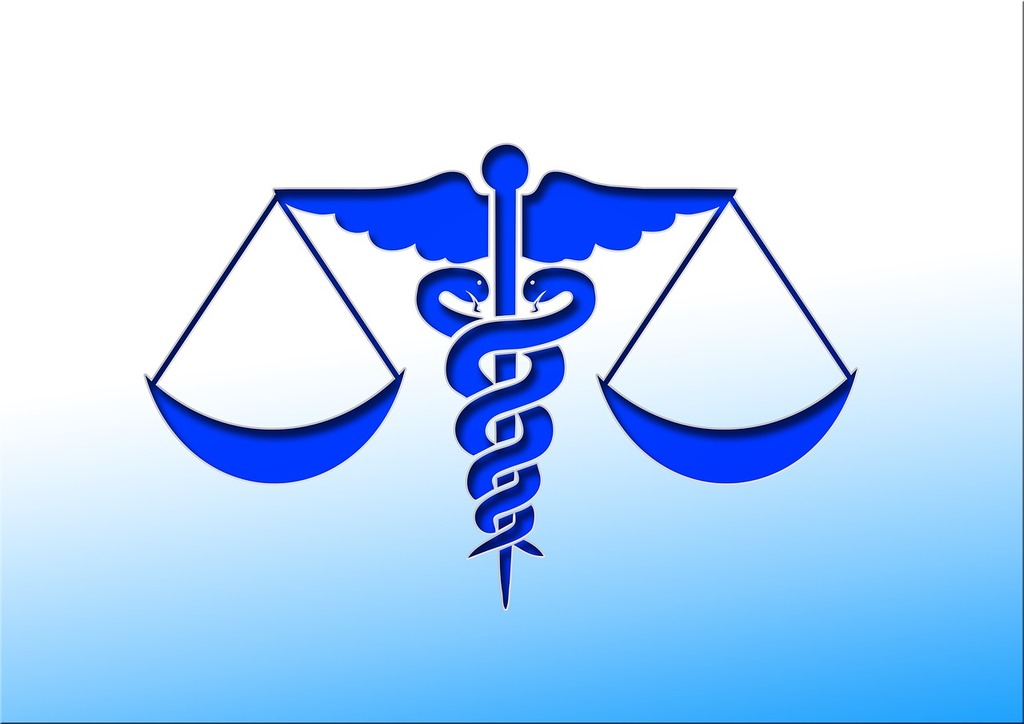As Match Day approaches, thousands of medical students eagerly wait for news of what their future entails. What program? What city? What familiar faces? As we ponder the future, we must also consider our past. It is easy to look forward, but without reflecting on our experiences we are doomed to repeat past failures. What is considered a failure? To some, it is a deviation in personal development. Are we happy with the type of doctor we are becoming? When we read the personal statement in our medical school applications, is the story familiar or a distant memory? As we go forth, more and more is asked of us each day. Sooner or later, we will provide the final decision in a patient’s health plan. When this occurs, will you be the physician that has the patient’s best interest in mind or will you attempt to hide your mistakes?
According to MedScape, 19% of physicians consider it acceptable to avoid revealing a mistake if it does not cause harm to the patient.[1] At times like these the phrase “no harm, no foul” can seem applicable. Consider the opposite situation where a mistake is likely to cause harm. In this circumstance, 1.6% of physicians find it acceptable to avoid revealing a mistake if it is likely to harm the patient.[1] “Do I balance the potential harm to a patient vs the potential harm to myself in publicly announcing ‘a mistake?” As we advance to residency and beyond, we must reflect on our experiences for guidance. We must consider patient beneficence in order to do what’s best for those that inspired us to pursue this career. In medical school we are taught that the more open physicians are about mistakes, the more acceptable mistakes will be to the patients.[1]
Beneficence is an act of charity, mercy, and kindness with a strong connotation of doing good to others including moral obligation.[2] As health care professionals, it is our duty to place the needs of our patients first, without losing ourselves during the process. This will be challenged during residency; therefore, it is important to consistently reflect and consider what lies by omission we are willing to participate in. As the class of 2019 moves forward with their careers, let’s reflect on the words of a faculty member, “what is right is not always best, but what is best is always right”.
- Kane L. Physicians’ Top 20 Ethical Dilemmas. Medscape. https://www.medscape.com/features/slideshow/public/ethical-dilemmas. Published 2010. Accessed March 5, 2019.
- Kinsinger FS. Beneficence and the professional’s moral imperative. J Chiropr Humanit. 2010;16(1):44-6.
Nancy Lopez was born and raised in Los Angeles, California. She graduated from the University of California, Irvine, with a degree in biological sciences with a minor in medical anthropology. She received a Master's in global medicine from the University of Southern California. She has a special interest in rural and public health. In her free time, she enjoys dancing, hiking, snowboarding when the sunny Arizona weather is permitting, and spending time traveling.

